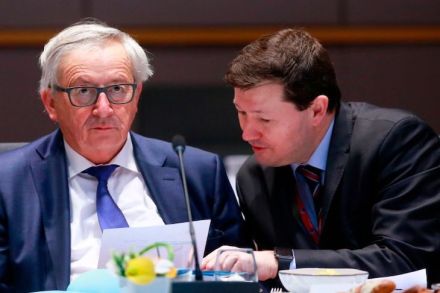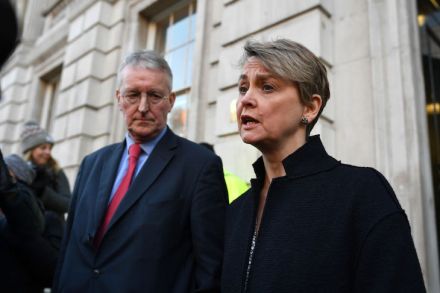Salute the rich who choose to pay their taxes
Paying tax — which many of us have been doing this week before HMRC’s 31 January deadline — is a citizen’s duty, not an act of virtue. But for the very rich it is also a choice, since with the help of expensive advisers they can duck it or pay very little of it by using complex avoidance devices and offshore havens. So if they stay onshore and pay up, we should salute their good citizenship — if only to encourage others like them who might lighten the tax burden for the rest of us. In that context I was pleased to see two of this column’s controversial heroes of




















